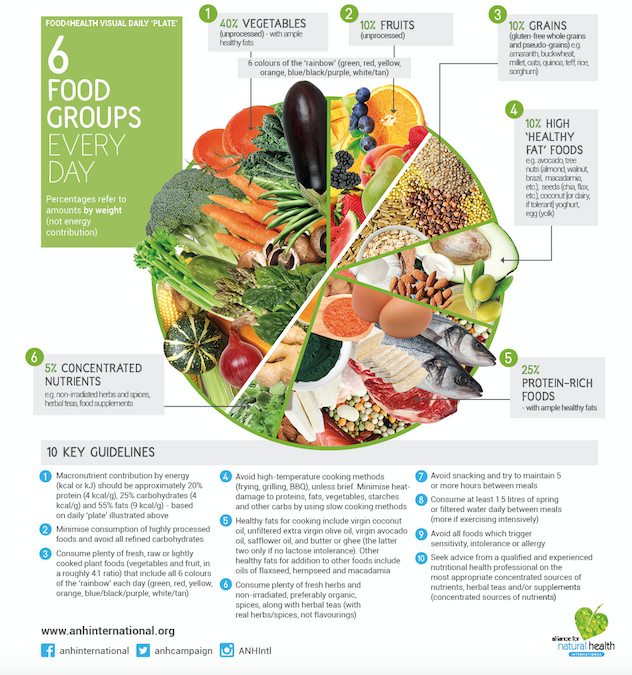Content Sections
The media seems intent on keeping the public in a state of perpetual confusion when it comes to health and nutrition. Information around the ketogenic diet is everywhere these days, but we wonder at what might be behind the latest keto-related headline that purports that “Keto diets could increase diabetes risk”. Anyone with even a basic knowledge of biochemistry or metabolism would dismiss such a headline as being laughable, but what of the potential damage to the uninformed?
Studies as far back as 2004 show that a ketogenic diet is a safe and effective long-term solution for promoting weight loss and improvements in key metabolic markers in obese patients. Yet, a new study released on 8thAugust, has once again given the spin doctors grist for their shady PR mills. What the misleading headlines don’t say is that the study was done in mice, the ‘food’ used in the study couldn’t be further from a natural mouse (or human) diet or that the mice were only studied for three days! Laughable, if it wasn’t such a tragic waste of money, resources and public education opportunity.
Since we’re on the subject of education, there is a world of difference between a medical ketogenic diet used to treat conditions such as epilepsy or cancer, and a low carb, high fat (LCHF) diet, such as outlined in the ANH-Intl Food4Health guidelines. The latter allows for flexibility in macronutrient intake depending on individual requirements and induces a state that we call ‘nutritional ketosis’. Nutritional ketosis creates safe levels of ketones in a completely natural way as nature has always intended. But there are still multiple benefits for bringing metabolic markers into balance, for weight loss, for cognitive benefits and for overall disease risk reduction — as well as maximising your body’s antiaging potential.
As it’s #ThrowbackThursday, below are 3 previous articles to give you a greater insight into what’s meant by the term 'LCHF' or keto diet. We hope you’ll have the confidence to give it a try and benefit from the improvements to your health and wellbeing that have been experienced by so many, whilst also being able to make sense of the keto-misinformation campaign.

Enhance metabolic flexibility and burn more fat
Physiologically, what becoming a better fat burner is all about is becoming more metabolically flexible. If we are over-reliant on carbohydrates we become less able to use burn fats as fuel and the body will always switch to carb burning rather than fat burning if carbs are supplied. Dr Verkerk’s presentation was entitled “Does Enhanced Metabolic Flexibility Equal Enhanced Endurance Performance?” and in this piece we’ve distilled some of the most pertinent take-homes and provided a summary graphic courtesy of our newest member of our team, Charlie Jones. We hope this information will benefit anyone interested in improving their health, fitness and endurance potential.
Protein kinases, caloric restriction and exercise
The greatest challenge most people in health is suffering, especially in later life, one of 35 chronic diseases, including heart disease, type 2 diabetes, cancer, dementia, arthritis and obesity. Most people end up on 4 or more medications in later life in an attempt to treat these diseases — but the drugs usually don’t work and often cause side effects.
So what if there was another way of dealing with many of these chronic diseases? One that could effectively reset your metabolism so that you could not only be disease-free in later life, but enjoy a life bounding with energy and vitality, allowing you to live life to the full?

ANH Food4Health Plate: the starting point for metabolic flexibility
This brings us to two key points: metabolic flexibility and resilience. These are the real markers of health. Metabolic flexibility refers to the capacity to adapt to, and burn (oxidise), whichever fuel is available. Someone who has developed metabolic flexibility can therefore handle a more variable diet and can burn fats effectively, these being the richest source of energy for the body. Physiological resilience refers to your ability to respond and recover from physiological, metabolic, immunological or lifestyle stress. Someone who is resilient, is someone who can regain equilibrium—or homeostasis—more quickly than someone who may be free from clinical symptoms of disease, but ultimately, lacks this supreme level of vibrant, resilient, and ultimately, adaptive health.
Back to Food4Health campaign









Comments
your voice counts
16 August 2018 at 7:45 pm
Mr Singh runs 13 mile marathons at aged 107 on his Keto diet.
I am 72 and claim to be 52 without raising eyebrows. Keto is the solution for me for the past 25 years.
Robert Redfern
16 August 2018 at 11:33 pm
My friend is having live saving cancer treatment in Turkey after being given 6-12 months to live by her UK doctors. She's now free of cancer and as part of her protocol she's on a Ketogenic diet.
17 August 2018 at 6:51 am
Hi Jill
That's great to hear, thanks for sharing. We hope your friend continues her return to health.
Warm Regards
Melissa
Your voice counts
We welcome your comments and are very interested in your point of view, but we ask that you keep them relevant to the article, that they be civil and without commercial links. All comments are moderated prior to being published. We reserve the right to edit or not publish comments that we consider abusive or offensive.
There is extra content here from a third party provider. You will be unable to see this content unless you agree to allow Content Cookies. Cookie Preferences